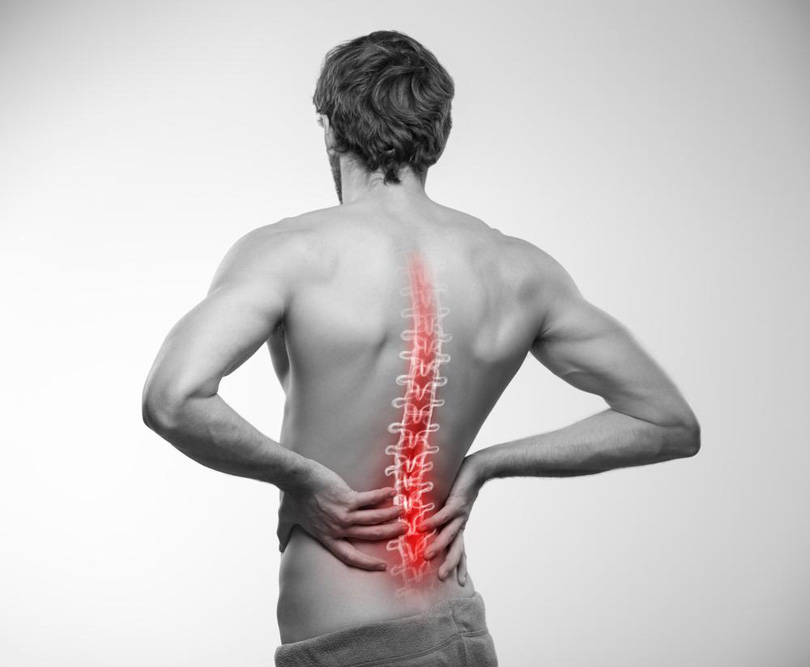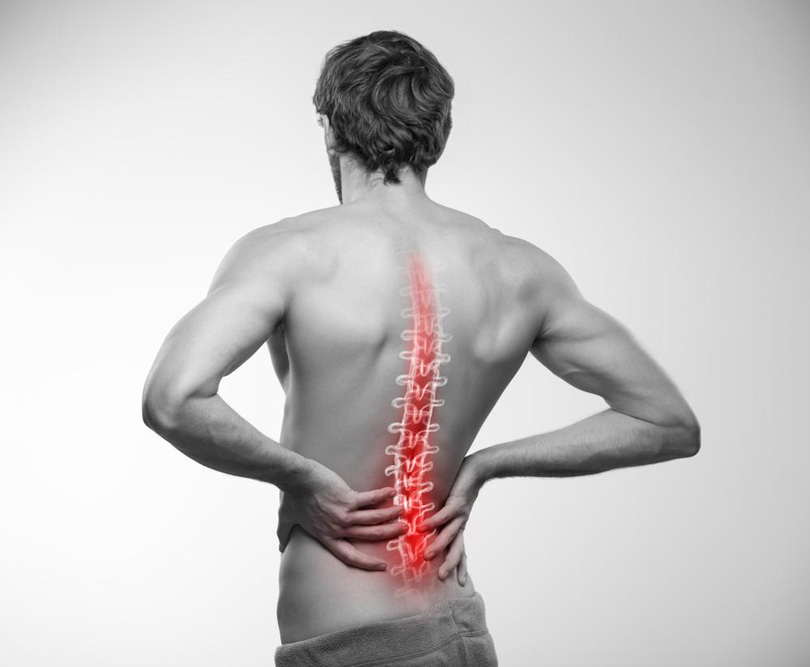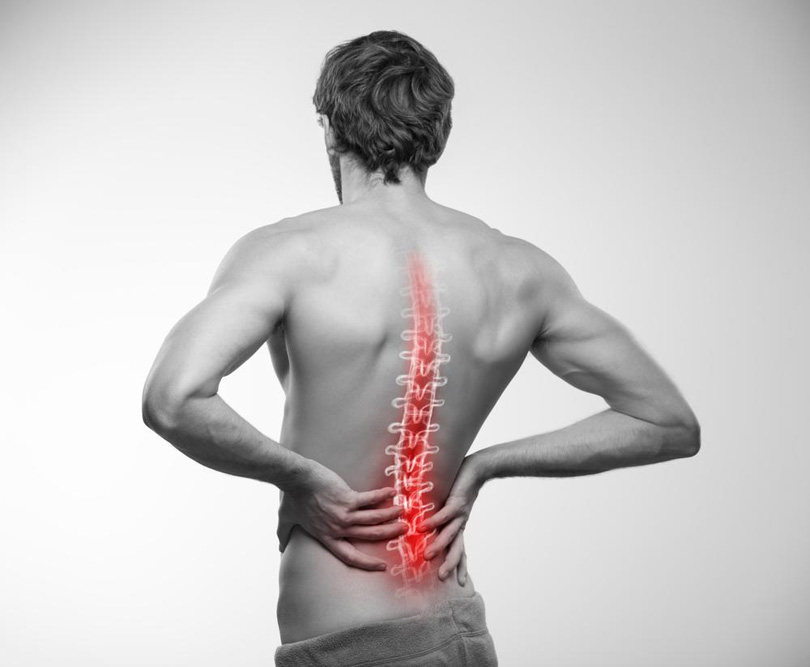Identifying Distinctions Between Back Pain and Kidney Discomfort
Learn how to distinguish between back pain and kidney discomfort with our comprehensive guide. Understand the key differences in pain location, type, radiation, severity, and accompanying symptoms to identify the root cause effectively. Consulting a healthcare professional is recommended for accurate diagnosis and treatment. This insightful article helps you recognize signs of kidney issues versus muscle or nerve pain, ensuring timely medical intervention and better health management.

The area beneath the rib cage at the back houses the kidneys. When pain occurs in this region, it can be challenging to determine whether it originates from the kidneys or the surrounding muscles. However, analyzing the pain's location, intensity, and nature can provide valuable clues. This guide aims to clarify how to differentiate between back pain and kidney discomfort, helping you understand the underlying cause more accurately.
Pain Location
Back pain typically manifests in the lower back or buttocks but can appear anywhere along the back. Kidney pain is often felt on either side of the spine, just below the ribs, and may be experienced on one or both sides.
Characteristic of Pain
Muscle-related pain tends to be dull and persistent, while nerve irritation causes sharp, burning sensations that may radiate down the buttocks into the legs or feet. Kidney stones often produce intense, fluctuating sharp pains, especially during movement or stone passage. Infections may lead to a dull, ongoing ache that doesn't subside with movement.
Pain Radiating
Back muscle pain usually remains localized, but nerve pain can spread to the lower limbs. Kidney pain may radiate to the lower abdomen or inner thighs, indicating deeper involvement.
Intensity of Discomfort
Acute pain can last from days to weeks, subacute pain extends for about six weeks to three months, and chronic pain persists beyond three months. Kidney stone pain is notably severe, while infection-related discomfort is typically milder.
Additional Symptoms
Back pain may cause leg numbness, muscle spasms, or swelling. Kidney issues often lead to nausea, vomiting, chills, fever, dark urine, painful urination, blood in urine, or recent urinary tract infections.
Seeking medical advice is essential for proper diagnosis and treatment. A healthcare professional can accurately identify the cause of your pain and recommend appropriate care.










